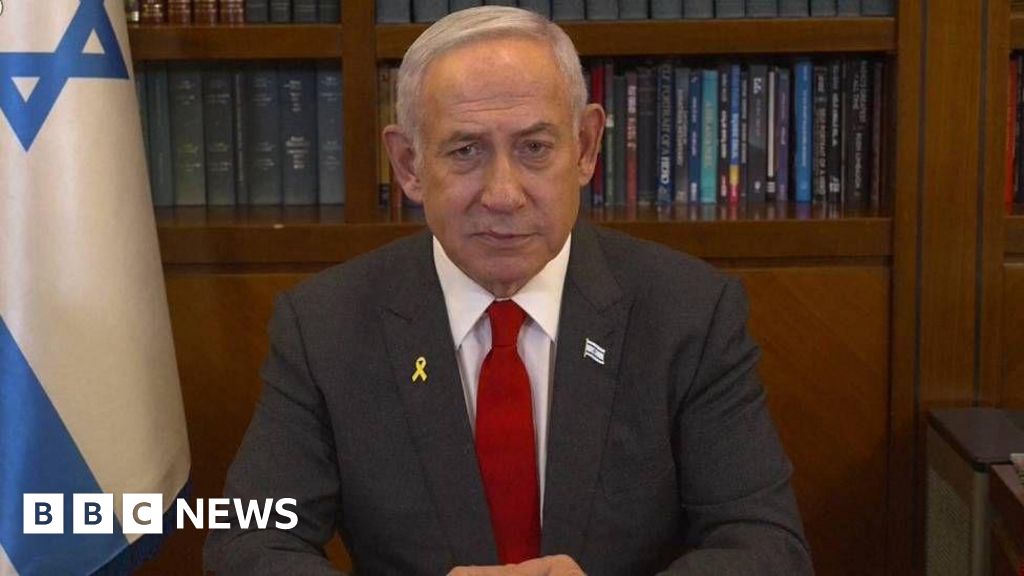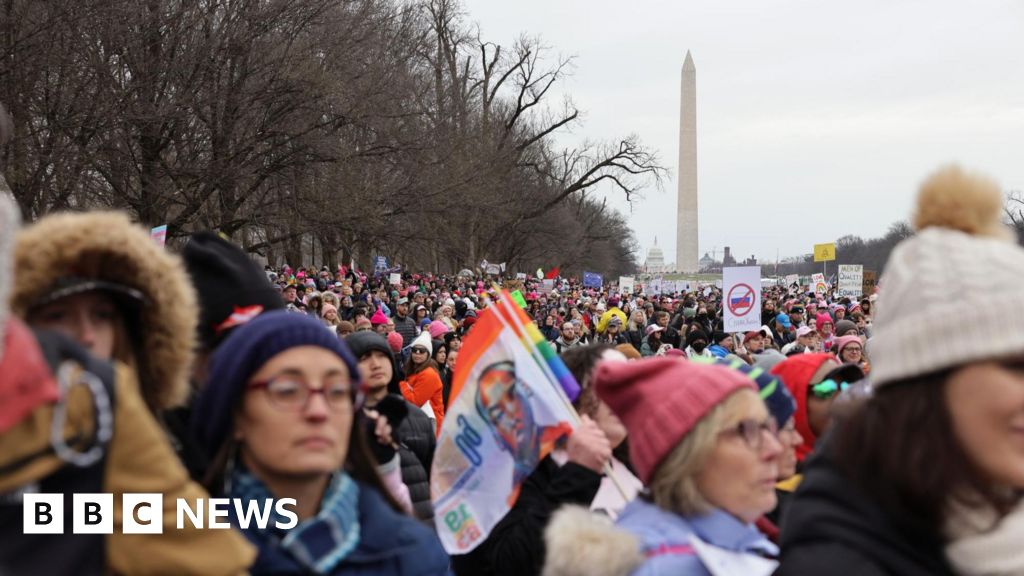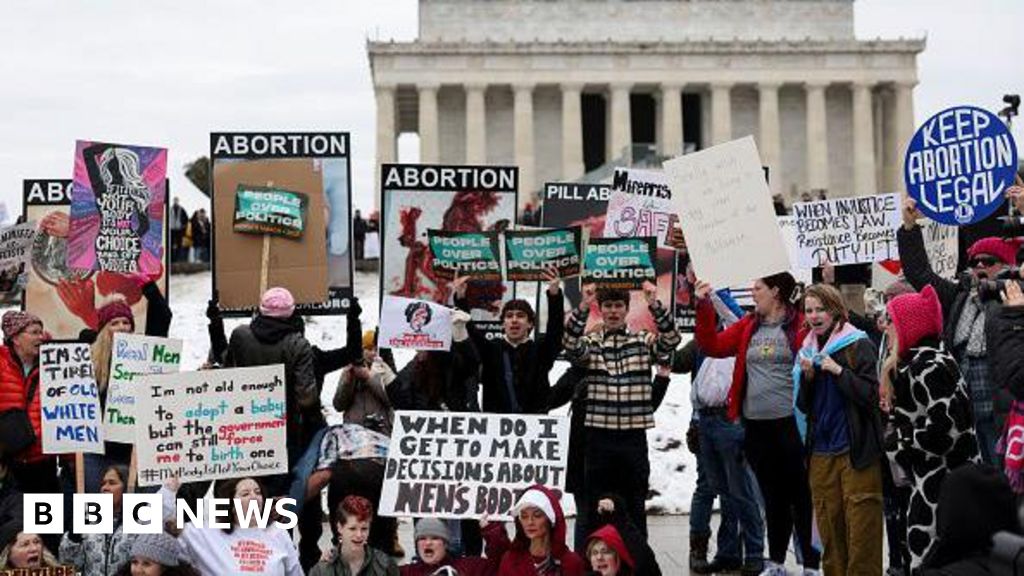ARTICLE AD BOX
And while today, Sir Keir Starmer and Giorgia Meloni are prime ministers on opposite political sides – a Labour government in the UK, a right-wing coalition in Italy – both are keen to build on a crucial European relationship.
The new British prime minister is set to make his first visit to Rome since taking office on Monday.
Top of the agenda will be migration and how Britain can learn from Italy - the European Union (EU) member receiving the highest number of migrant arrivals, but which has recently seen a dramatic fall.
Frontex, the EU’s border force, has calculated a 64% drop this year in those making the perilous crossing from north Africa to Italy.
Just over 43,000 have arrived so far this year, according to the United Nations, compared to a total of almost 158,000 in 2023. Some try to continue their route through France and up to Britain.
The UK is struggling to clamp down on those crossing the English Channel from France, with arrivals up on last year. Eight people died on Sunday when a boat capsised in the Channel.
Central to the fall in crossings to Italy are financial deals struck with Tunisia and Libya – migrants’ main points of departure.
The EU paid Tunisia €105m (£88m) in 2023 to boost border security and train up its coastguard. Italy supplied the country with patrol vessels and gave its government another €100m to support small companies and invest in education and renewable energy.
Giorgia Meloni also signed a major gas deal with Libya and Italy is training and equipping the Libyan coastguard.
The agreements echo the EU’s strategy with Turkey at the height of the 2016 migration crisis, when the bloc gave Ankara €6bn to boost border patrols with Greece. It led to a dramatic fall in departures.
But the deals to keep migrants in north Africa carry huge controversy.
Human Rights Watch has accused Italy and the EU of being “complicit” in crimes carried out against migrants in Libya, detailing cases of “murder, enforced disappearance, torture, enslavement, sexual violence, rape, and other inhumane acts”.
The EU’s outgoing Foreign Policy chief Josep Borrell reportedly wrote of the “incomprehension” of some member states over the deal struck by the European Commission President Ursula von der Leyen with Tunisia, due to a sharp deterioration in its democracy.
The Tunisian President, Kais Saled, has suspended parliament, while opposition MPs, journalists and lawyers have been arrested.
Some members of the European Parliament have complained of “bankrolling dictators across the region.”
In Rome, the British Prime Minister is likely to hear about the range of measures Italy is taking to counter irregular migration, including reception centres it is building in neighbouring Albania, which are due to open later this year after some delays.
The two structures, funded and managed by Italy, could hold up to 36,000 migrants per year. While there, they will be able to apply for asylum in Italy. If refused, they will face deportation.
While the Albanian government has suggested that such a deal is only with Italy, its closest ally in Europe, Sir Keir has shown interest in the outsourcing model, holding talks with his Italian and Albanian counterparts at the European Political Community summit at Blenheim Palace in July.
“Britain is exposed to the consequences of decisions in the EU, without having a say – and that weakens its capacity to manage migration flows”, says Alberto-Horst Neidhardt, a migration specialist at the European Policy Centre thinktank.
“It was quite difficult for the previous British government to seek effective solutions with France – and so it makes sense to turn to Italy for this new Prime Minister.”
Giorgia Meloni was probably Rishi Sunak’s closest ally in Europe. Both right-wingers, their political chemistry was clear, with Mr Sunak calling her “a lovely person” after their last meeting at the G7 summit.
His successor may not be such a natural political fit for Ms Meloni – but she is arguably the EU’s strongest right-wing leader and Mr Starmer knows that to solve the migration challenge, all roads lead to Rome.

 4 months ago
20
4 months ago
20








 English (US) ·
English (US) ·